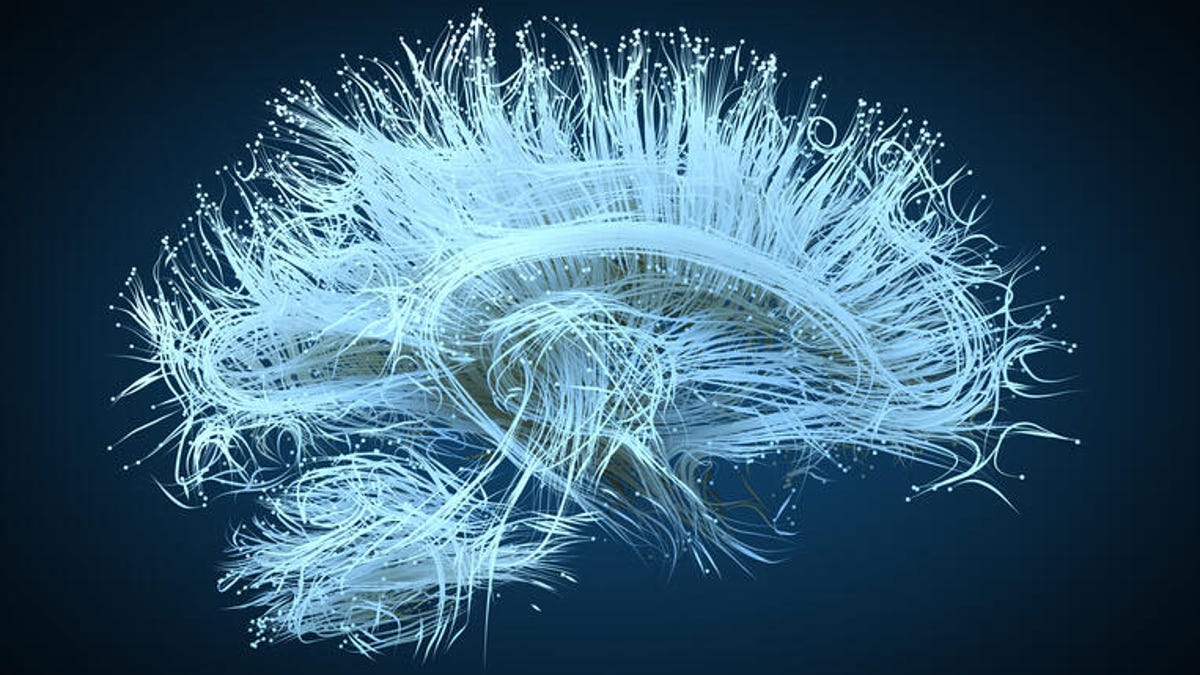It is no secret that pulling an all-nighter is a bad idea. It impairs cognitive function, increases anxiety symptoms and decreases alertness. As it turns out, there’s another reason you should avoid it: it ages your brain.
According to a new study published in the Journal of Neuroscience, a single night of sleep deprivation can change your brain and make it appear older. Typical brain aging includes structural and functional changes that deplete cognition over time. The last thing you want to do is speed up that process. Here’s what to know.
Sleep deprivation is aging your brain
Sleep is an essential time for our body to heal and recover from the day. Our brains do the same thing. Memory consolidation, clearing toxins and creating new neural pathways only happen while we sleep. If you don’t get adequate sleep, your brain won’t have enough time to carry out vital functions, which impairs cognitive function.
Most studies investigate performance on cognitive tests; this one investigates the age of the brain structures with MRIs. Participants included 134 healthy volunteers aged 19 to 39 with a mean age of 25.3.
During the study, four sleep conditions were measured: Total sleep deprivation (no sleep), partial sleep deprivation (three hours of sleep) and chronic deprivation (five hours of sleep for five days in a row) and the control group (eight hours of sleep).
Out of the four groups, only the total sleep deprivation group was found to consistently have an increased brain age of one to two years after a single night of sleep deprivation. Brain age wasn’t significantly changed in the other groups. Additionally, a full night’s sleep reverses the aging effects on the brain.
There are limitations to this study regarding the age of participants and the duration of the study. So we must take the results with a grain of salt that more research is needed to investigate the long-term effects of sleep deprivation in different age groups and sleep habits.
demaerre/Getty Images
Other ways sleep deprivation affects the brain
This study is one snapshot of the sleep and brain relationship. Further research is needed to investigate how chronic sleep deprivation affects the age of brain structures. Several other studies suggest it affects the brain in other ways.
Increased risk of dementia
Research suggests that sleeping less than seven hours each night may increase your chances of developing dementia.
I mentioned the vital functions that occur only when we’re asleep, including clearing out toxins. Our brains collect toxins and damaging molecules that are linked to neurodegeneration while we’re awake. Luckily, we have the glymphatic system to flush the brain with fresh fluid and carry out harmful toxins. Think of it as a waste management system that only runs at night. If you don’t sleep, those toxins build up in the space between brain cells. Among these toxins is amyloid beta-protein, which is associated with Alzheimer’s disease.
Read more: Sleep Debt: What It Is, How It Affects Your Health and How to Recover
It takes a toll on your mental health
Sleep and mental health are entirely dependent on each other. You can’t flourish in one if the other is lacking. How much sleep you get directly impacts your mood and ability to cope with stress. Your ability to interpret emotions accurately is also compromised.
Anxiety and depressive symptoms increase with sleep deprivation because the amygdala, or the brain’s emotional processing center, is overactive. That leaves you unable to interpret stimuli appropriately, which increases your stress symptoms.
Too long; didn’t read?
Most people think about sleep deprivation in terms of performance: your concentration, productivity and ability to recall information. You may not be thinking about it in terms of how it impacts the structures of the brain.
The latest research shows that sleep deprivation can age the brain, though its reach doesn’t stop there. Sleep deprivation also puts certain essential structures — like the amygdala — into overdrive, which can plummet your mental health.
Not getting enough sleep also means your brain holds onto harmful toxins that could lead to Alzheimer’s disease or other dementias.
Changing your sleep habits and building a nighttime routine can help combat sleep deprivation and protect your brain.
